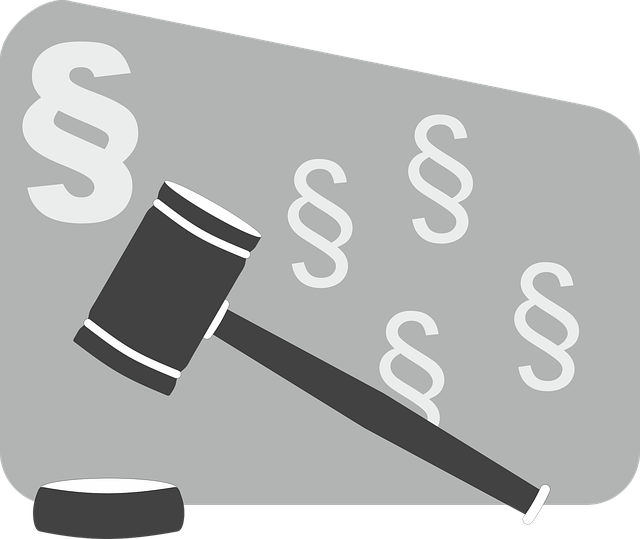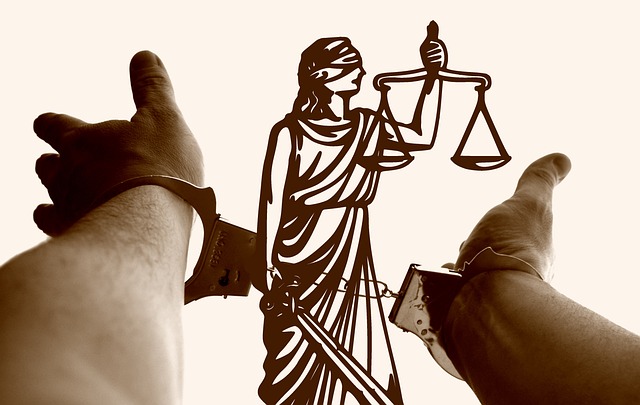Personal injury victims must be cautious against fraudulent settlement offers, which can lead to severe consequences. Recognizing red flags like swift settlements, inconsistent docs, and haste in trials is vital. By understanding consumer protection laws, documenting suspicious activities, and consulting legal experts, individuals can make informed decisions about their settlements. This ensures fairness, accuracy, and protects against financial loss, safeguarding future stability and peace of mind.
Fraudulent financial practices in personal injury cases are a growing concern, leaving victims with severe consequences. This comprehensive guide aims to equip individuals with the knowledge to recognize red flags and protect their rights. We explore common signs of fraud, the impact on victims, and legal protections available. Learn how to navigate claims processes securely and avoid accepting settlement offers too good to be true. Understanding personal injury settlement offers is key to ensuring fair compensation and preventing financial scams.
- Recognizing Red Flags: Common Signs of Fraud in Personal Injury Cases
- The Impact on Victims: Consequences of Accepting a Fraudulent Settlement Offer
- Legal Protections and Rights: How to Guard Against Financial Scams
- Navigating the Claims Process: Tips for Evaluating and Securely Accepting a Settlement
Recognizing Red Flags: Common Signs of Fraud in Personal Injury Cases

Personal injury cases often involve complex financial negotiations, making it crucial for victims to understand red flags that may indicate fraudulent practices. While every situation is unique, being aware of common signs can empower individuals to make informed decisions when evaluating settlement offers. A telltale sign of potential fraud is an unusually swift or lowball settlement offer. Insurers or defendants might attempt to rush the victim into accepting a settlement without allowing sufficient time for proper evaluation and legal advice.
Another red flag includes discrepancies in documentation, such as inconsistencies between medical records, witness statements, and financial reports. White-collar defense strategies often involve meticulous documentation, so any lapses could suggest an attempt to manipulate evidence. Additionally, be wary of defendants or insurers pushing for a quick resolution through jury trials without thorough investigation, as this might indicate a desire to avoid scrutiny during the all stages of the investigative and enforcement process, raising suspicions of potential fraudulent activities.
The Impact on Victims: Consequences of Accepting a Fraudulent Settlement Offer

Accepting a fraudulent settlement offer can have severe consequences for victims, often leaving them worse off than before. When an individual or entity engages in deceptive practices to secure financial gain, the impact ripples through various aspects of their lives. Beyond the immediate financial loss, there’s psychological distress and a sense of violation. Victims may feel manipulated, especially if they’re uninformed about their rights and the true value of their case. This can lead to a cycle of hesitation and fear, preventing them from seeking proper legal recourse or negotiating better terms in future settlements.
Understanding personal injury settlement offers is crucial for navigating these complex situations. Victims must be vigilant and educated about the process, ensuring they aren’t accepting a settlement that’s far below what they deserve, especially after going through all stages of the investigative and enforcement process. Avoiding indictment is not just about legal consequences; it also means safeguarding one’s future financial stability and peace of mind.
Legal Protections and Rights: How to Guard Against Financial Scams
When it comes to fraudulent financial practices, understanding your legal protections and rights is paramount in guarding against financial scams. The first step involves staying informed about various consumer protection laws designed to safeguard individuals from deceptive acts. These laws cover a wide range of financial interactions, including investments, loans, and insurance policies. By familiarizing yourself with these regulations, you can better identify red flags and protect your assets.
In the event of encountering suspicious activities or receiving questionable financial offers, such as understanding personal injury settlement offers, it’s crucial to document everything. Keep records of all communications, including emails, letters, and phone calls. This documentation not only serves as evidence but also aids in navigating the complex landscape of legal redress. Additionally, reach out to regulatory bodies and consumer protection agencies across the country, who are equipped to guide you through all stages of the investigative and enforcement process, ensuring your rights are upheld within the philanthropic and political communities.
Navigating the Claims Process: Tips for Evaluating and Securely Accepting a Settlement

Navigating the claims process after a personal injury can be complex, but understanding your settlement options is crucial. When presented with a financial offer, whether from an insurance company or a defendant, it’s essential to critically evaluate the terms before accepting. Begin by thoroughly reviewing the offer, breaking down each component and its potential impact on your future. Consider both immediate financial needs and long-term care requirements; this might include medical expenses, lost wages, and pain and suffering damages.
Seeking guidance from legal professionals and trusted advisors is vital. Discuss the offer with your attorney, who can provide insights into similar cases and their outcomes. Additionally, consult with experts in the philanthropic and political communities across the country to gain a broader perspective on settlement values and ensure you’re making an informed decision that aligns with your best interests and those of your loved ones. Remember, accepting a settlement is a significant step; it’s important to be confident in your understanding and comfortable with the terms.
Understanding personal injury settlement offers is paramount to safeguarding your financial well-being. By recognizing red flags, appreciating the impact of fraudulent practices on victims, and arming yourself with legal knowledge, you can navigate the claims process confidently. Remember, a thorough evaluation of any settlement offer is essential to ensuring fairness and preventing financial scams. Stay vigilant, seek guidance when needed, and never rush into accepting an offer without a comprehensive understanding of your rights and options.






